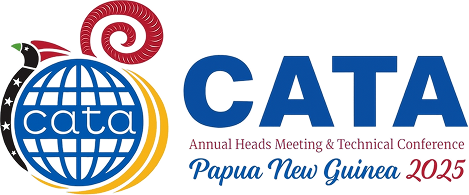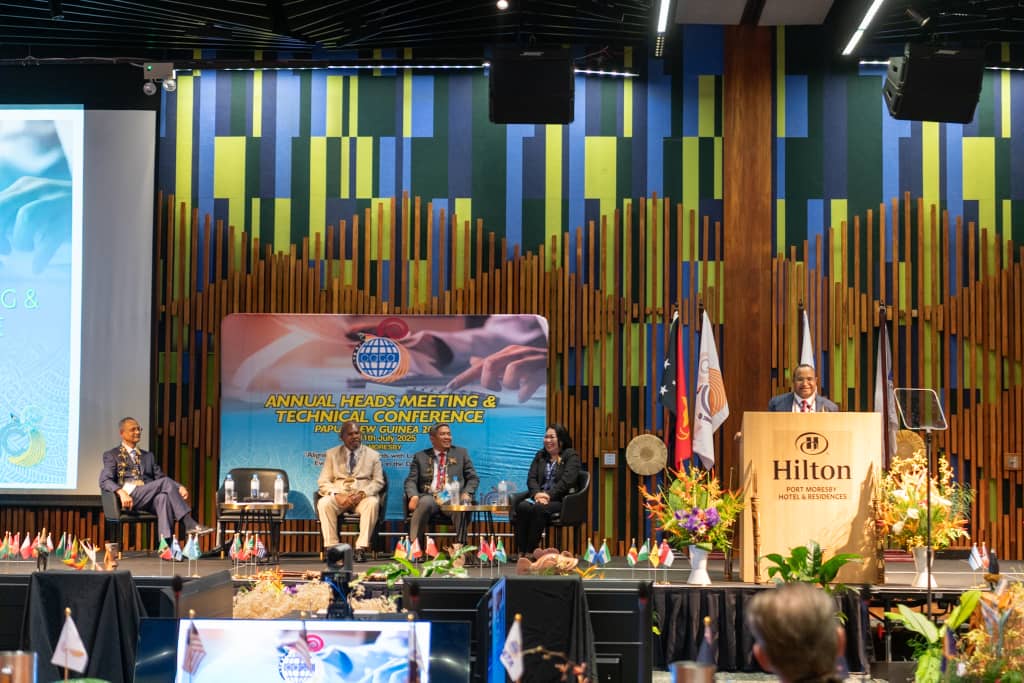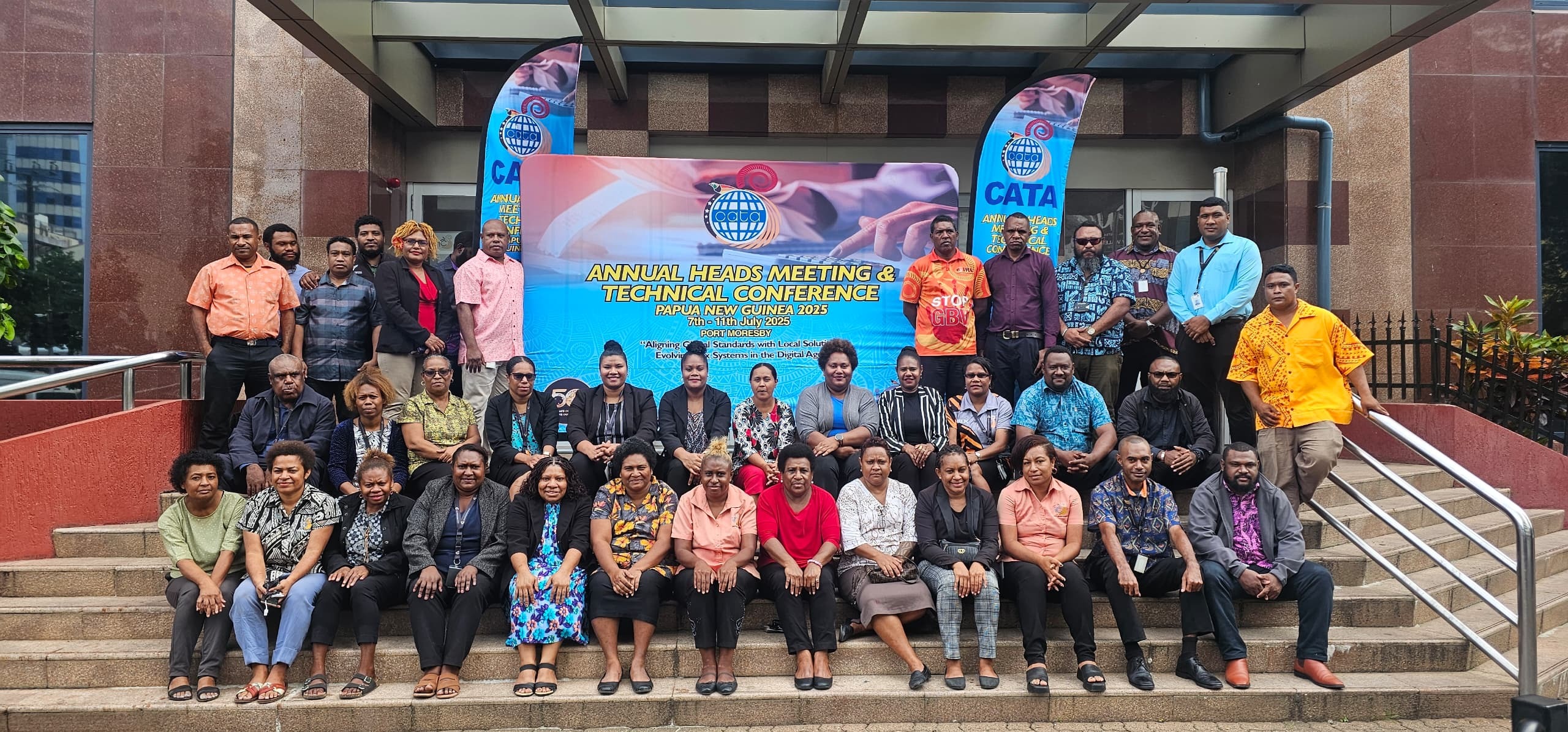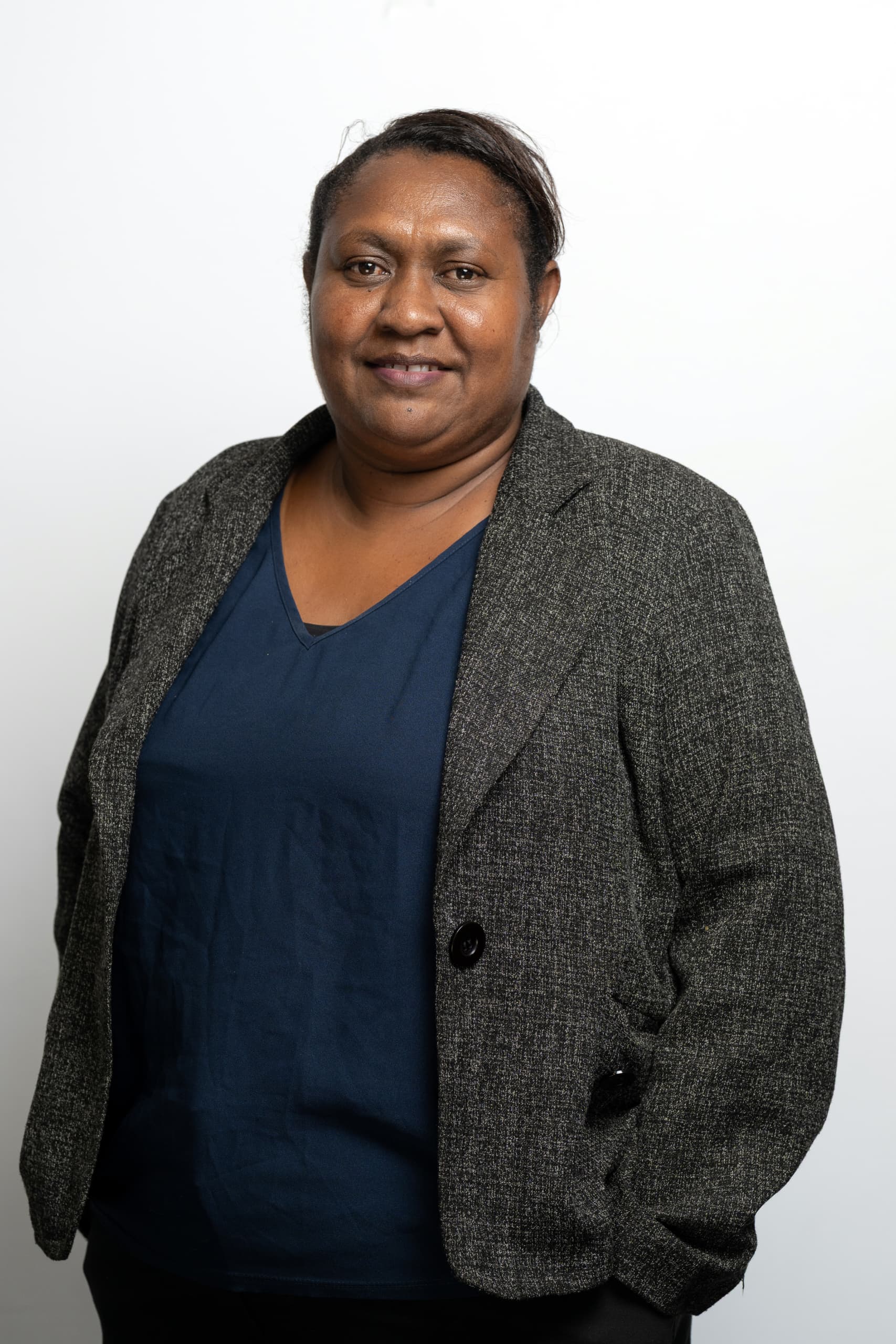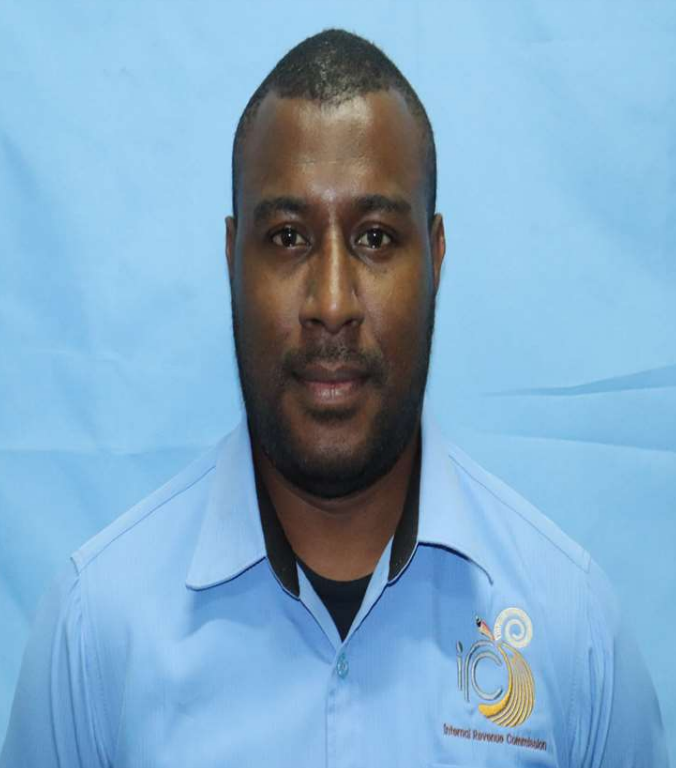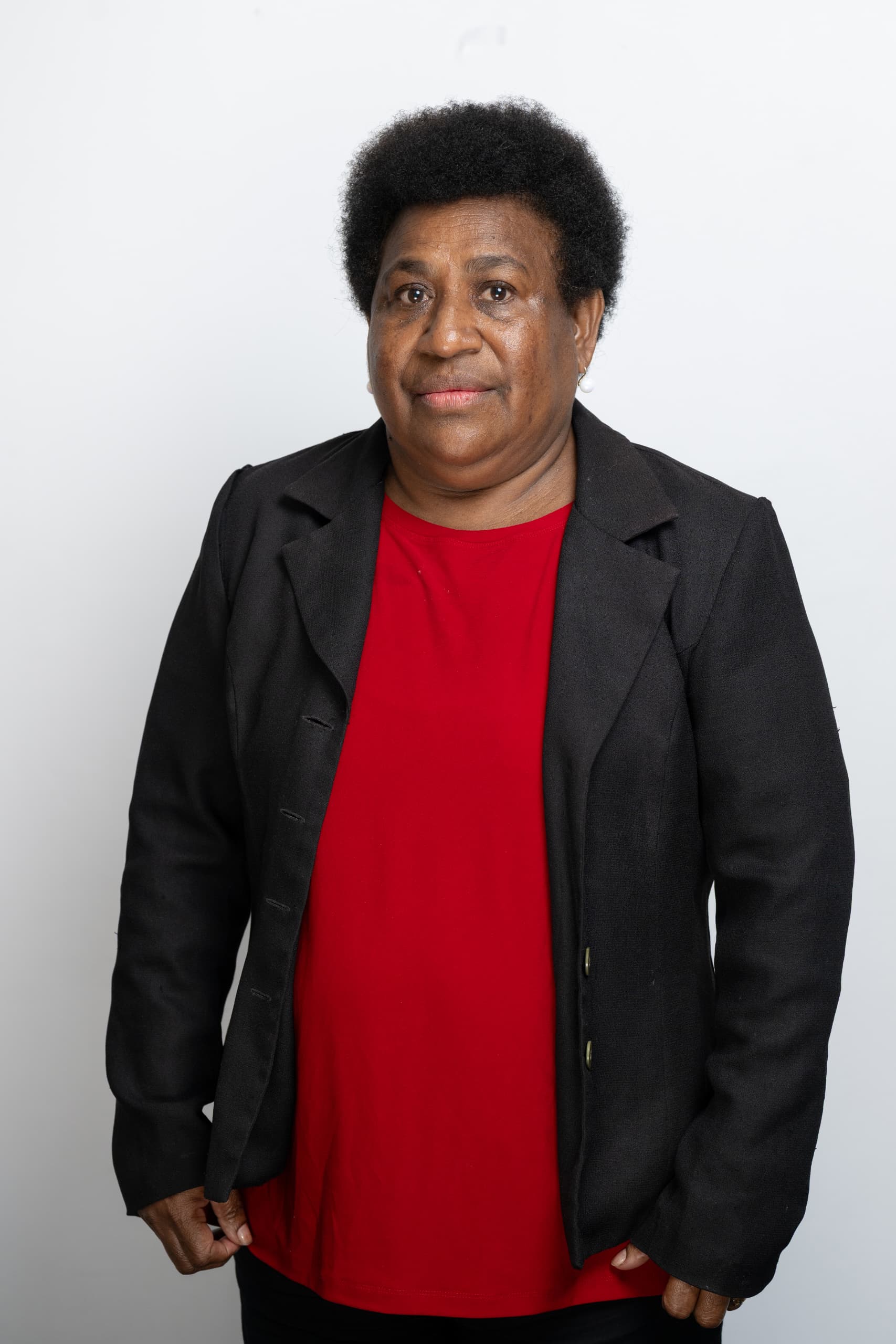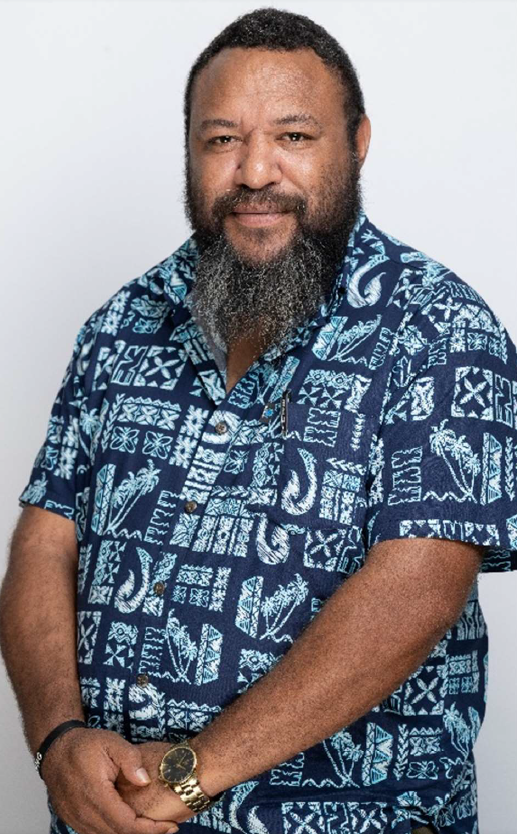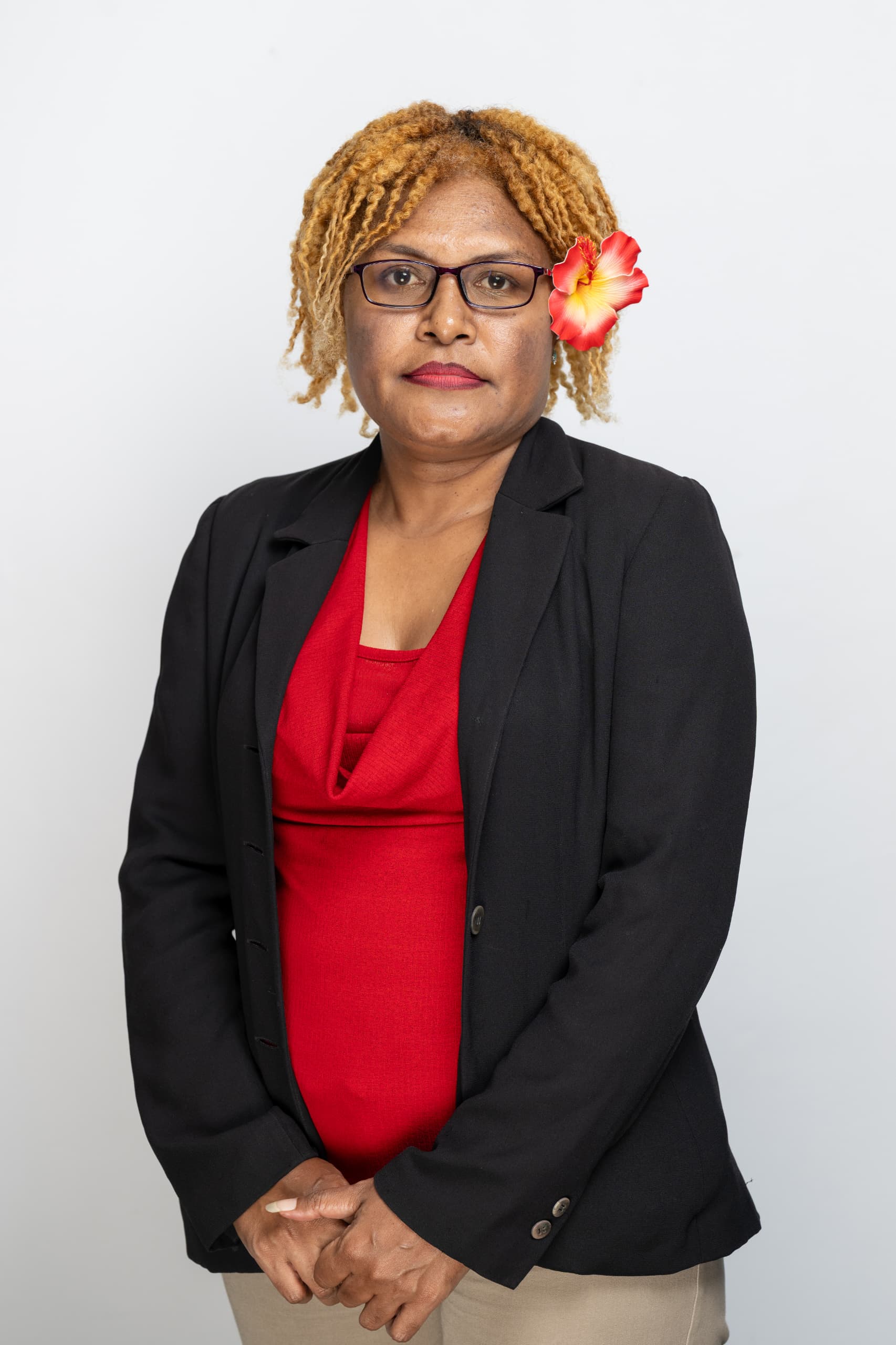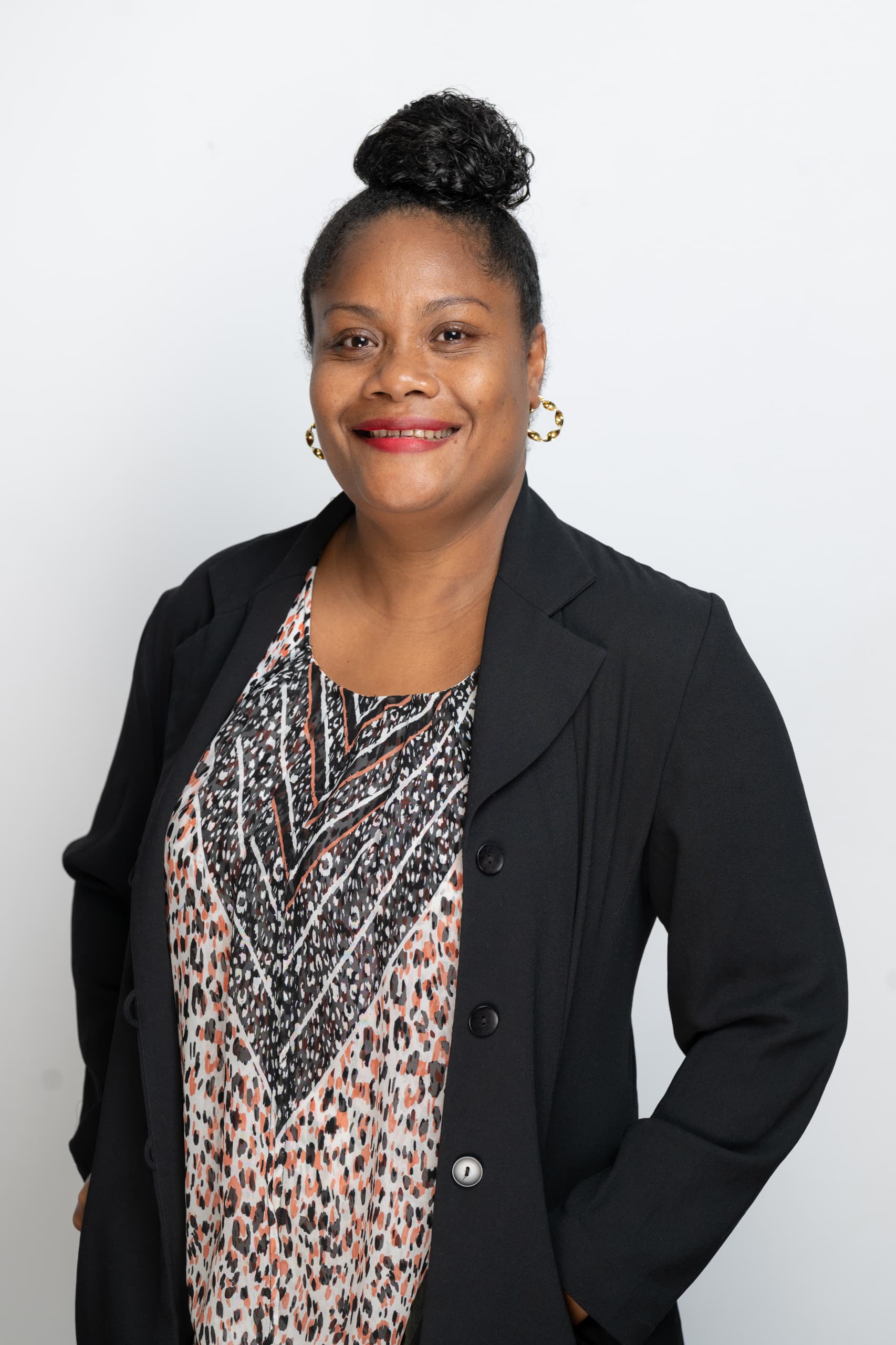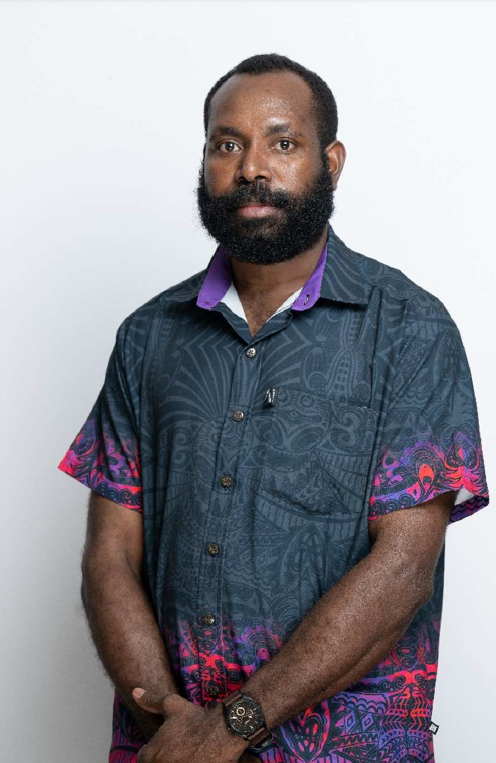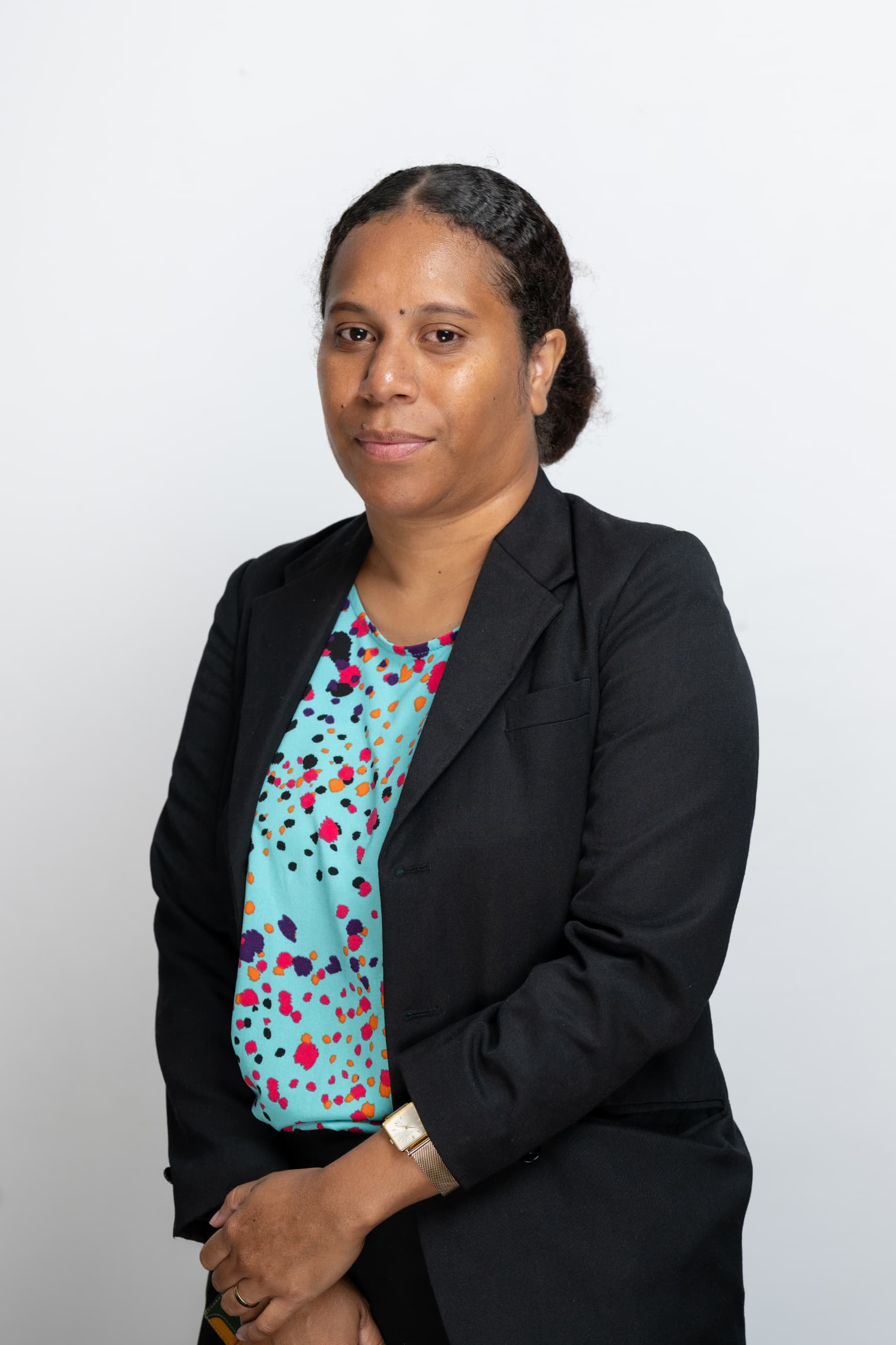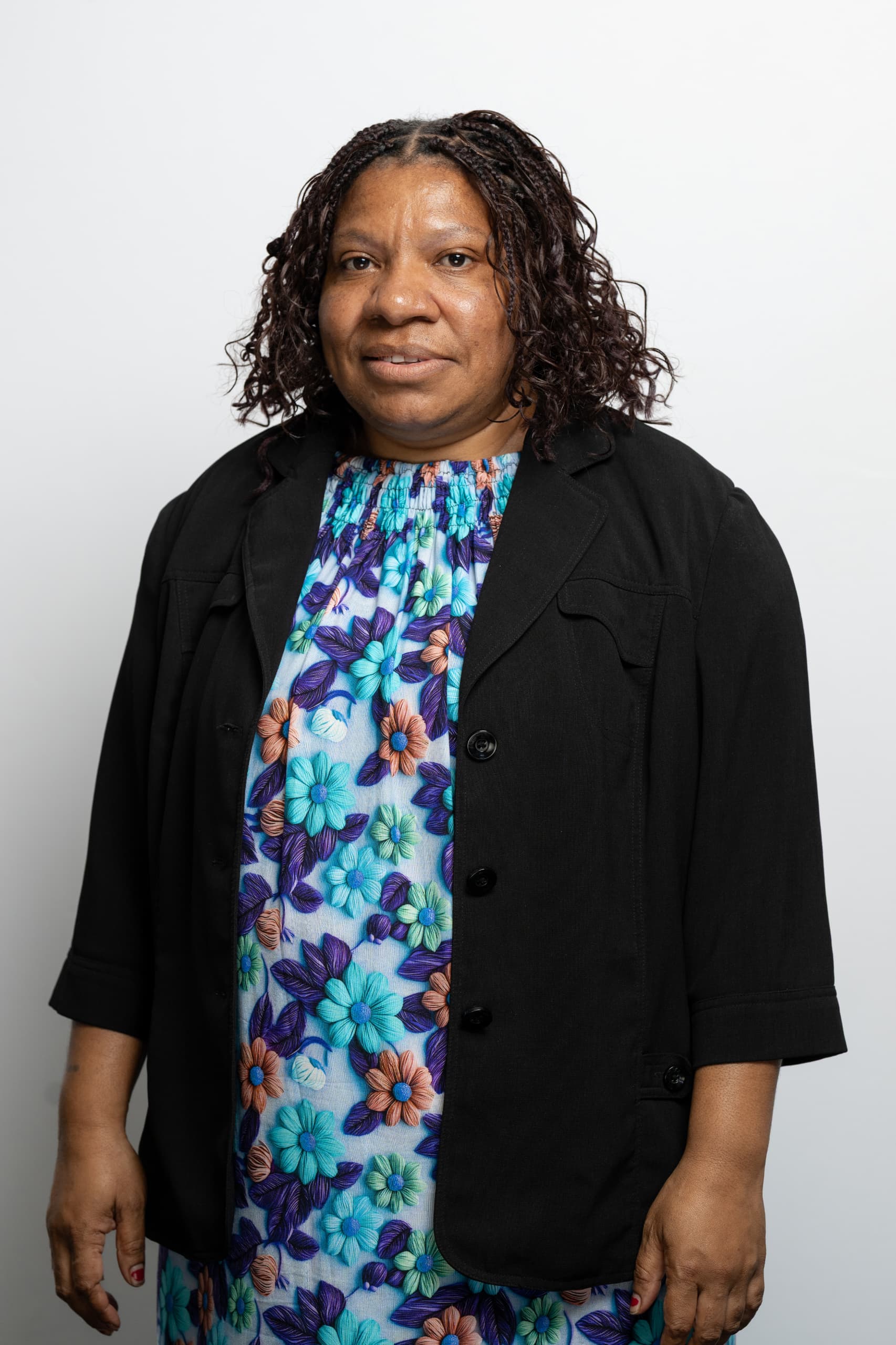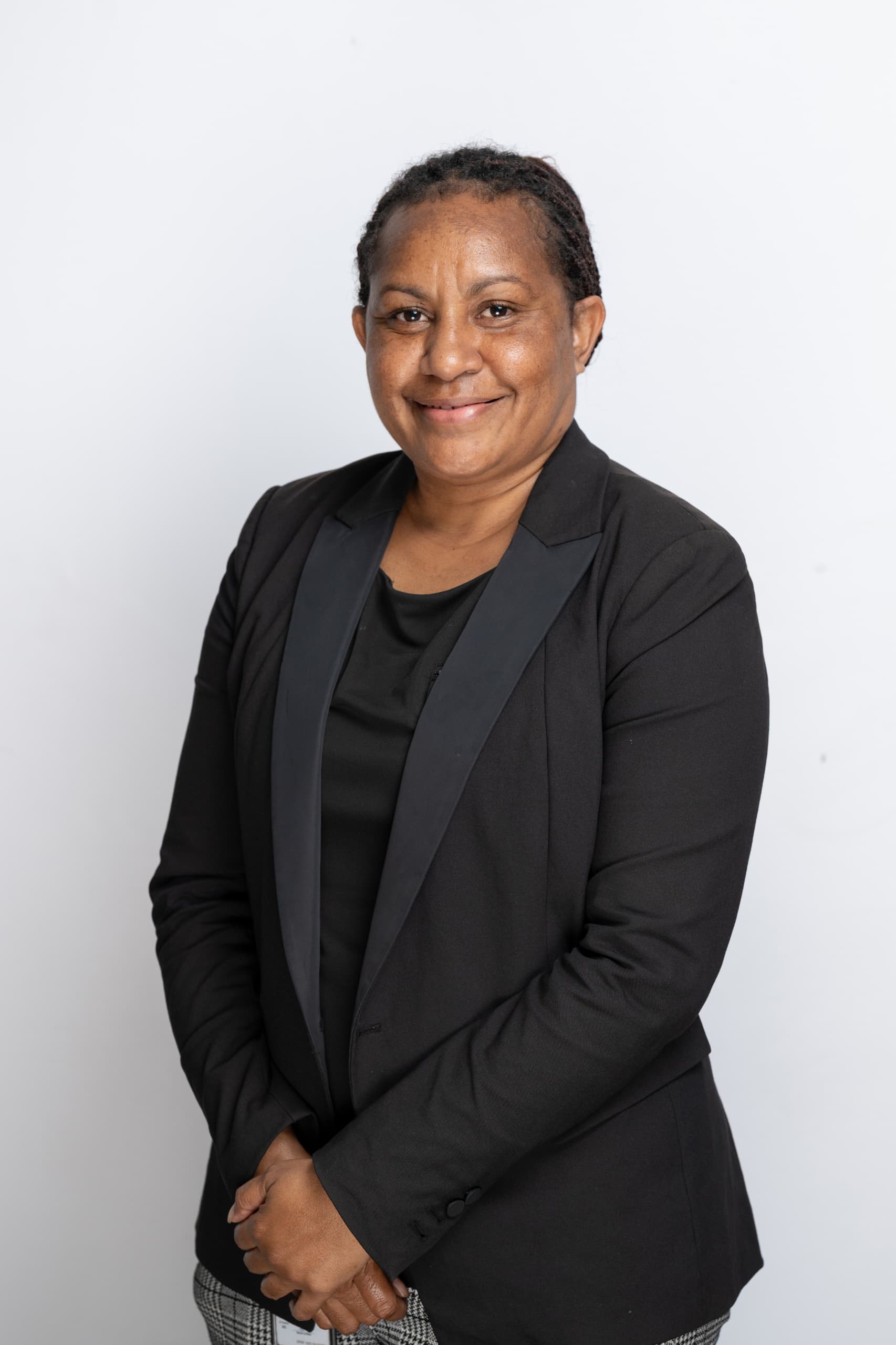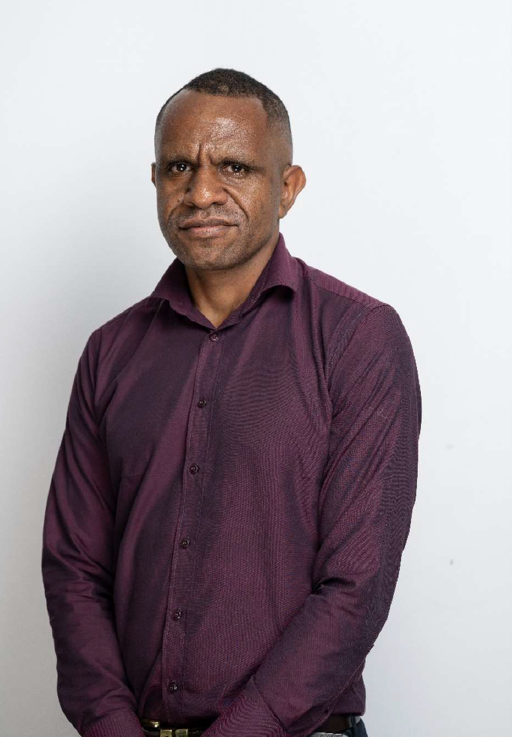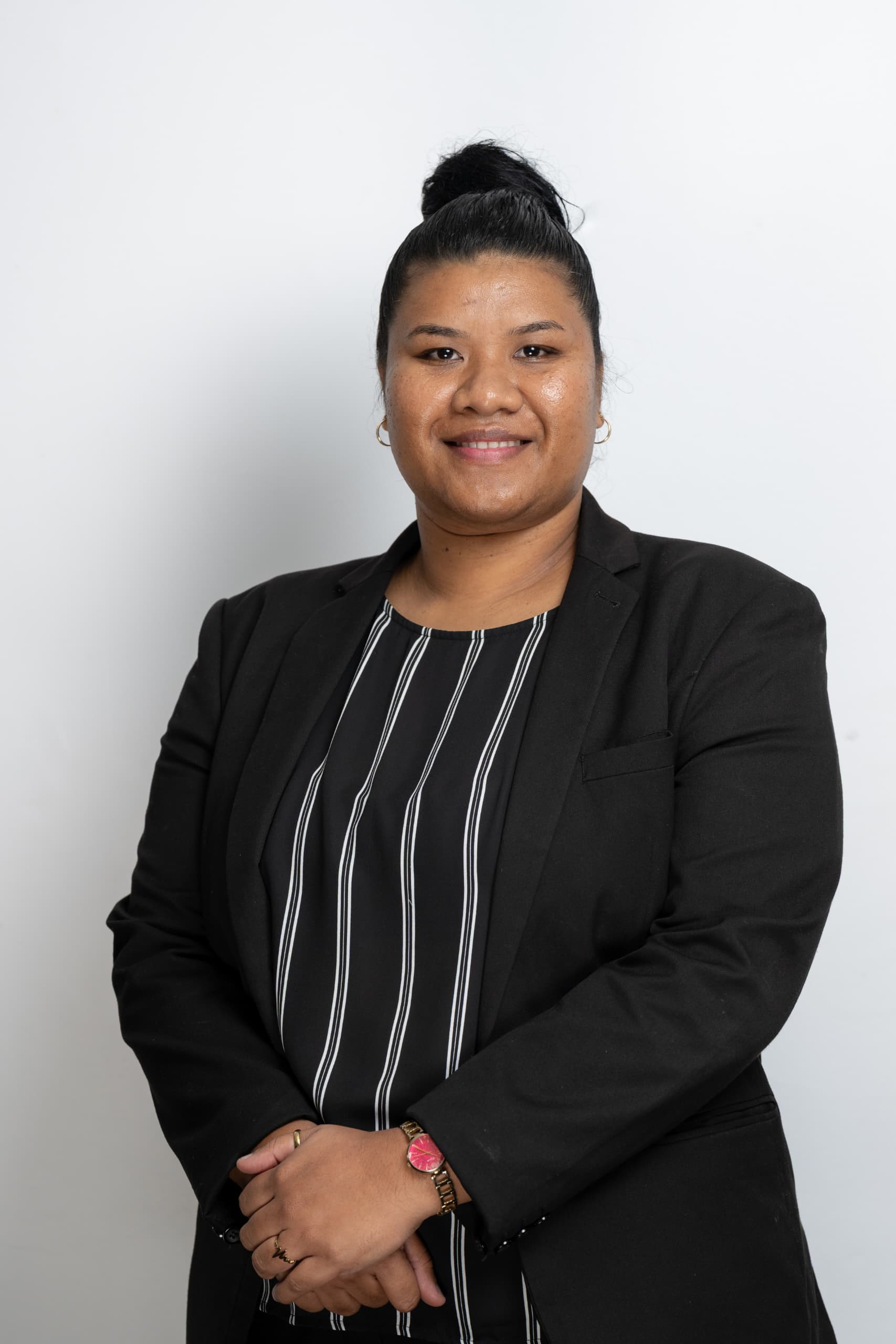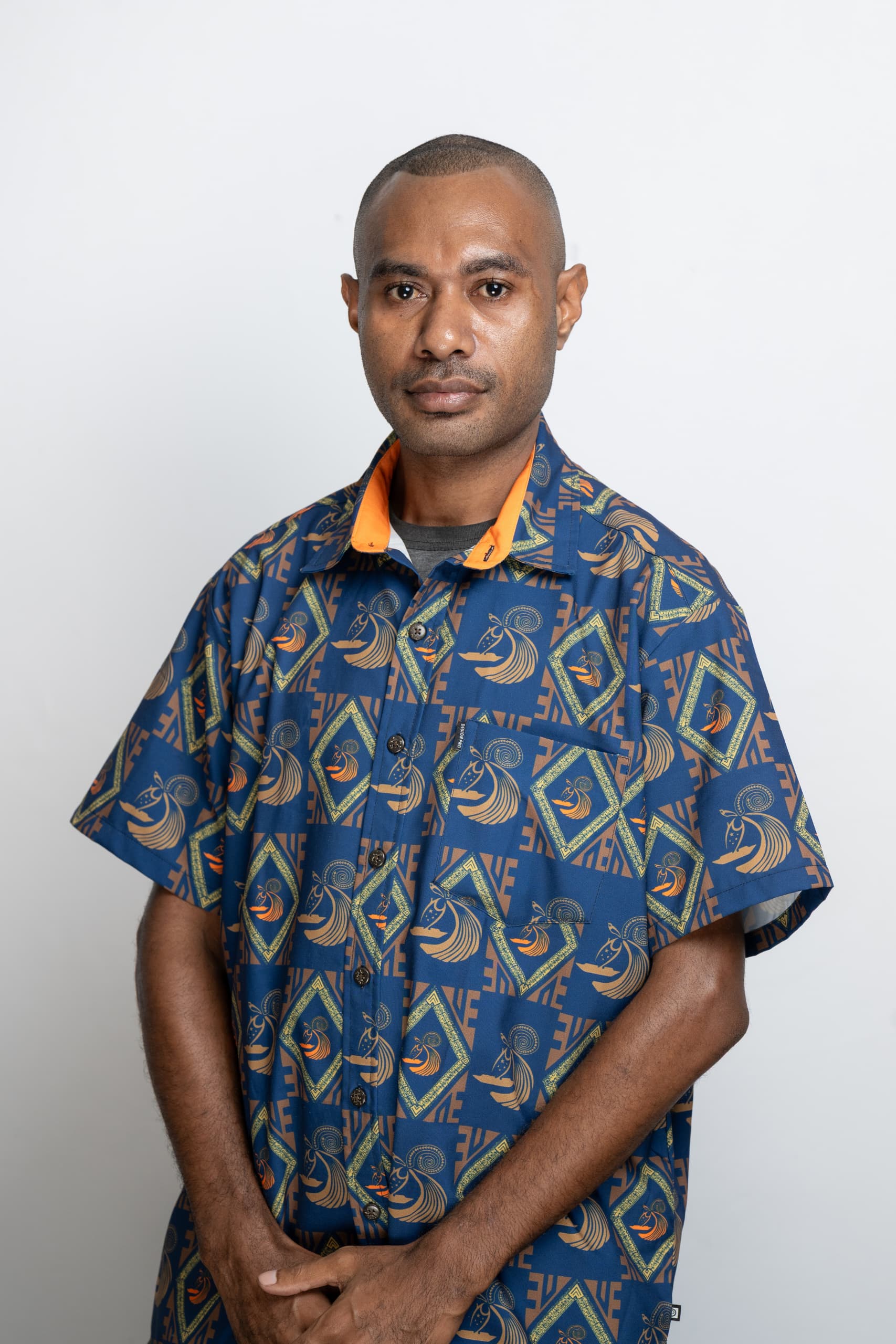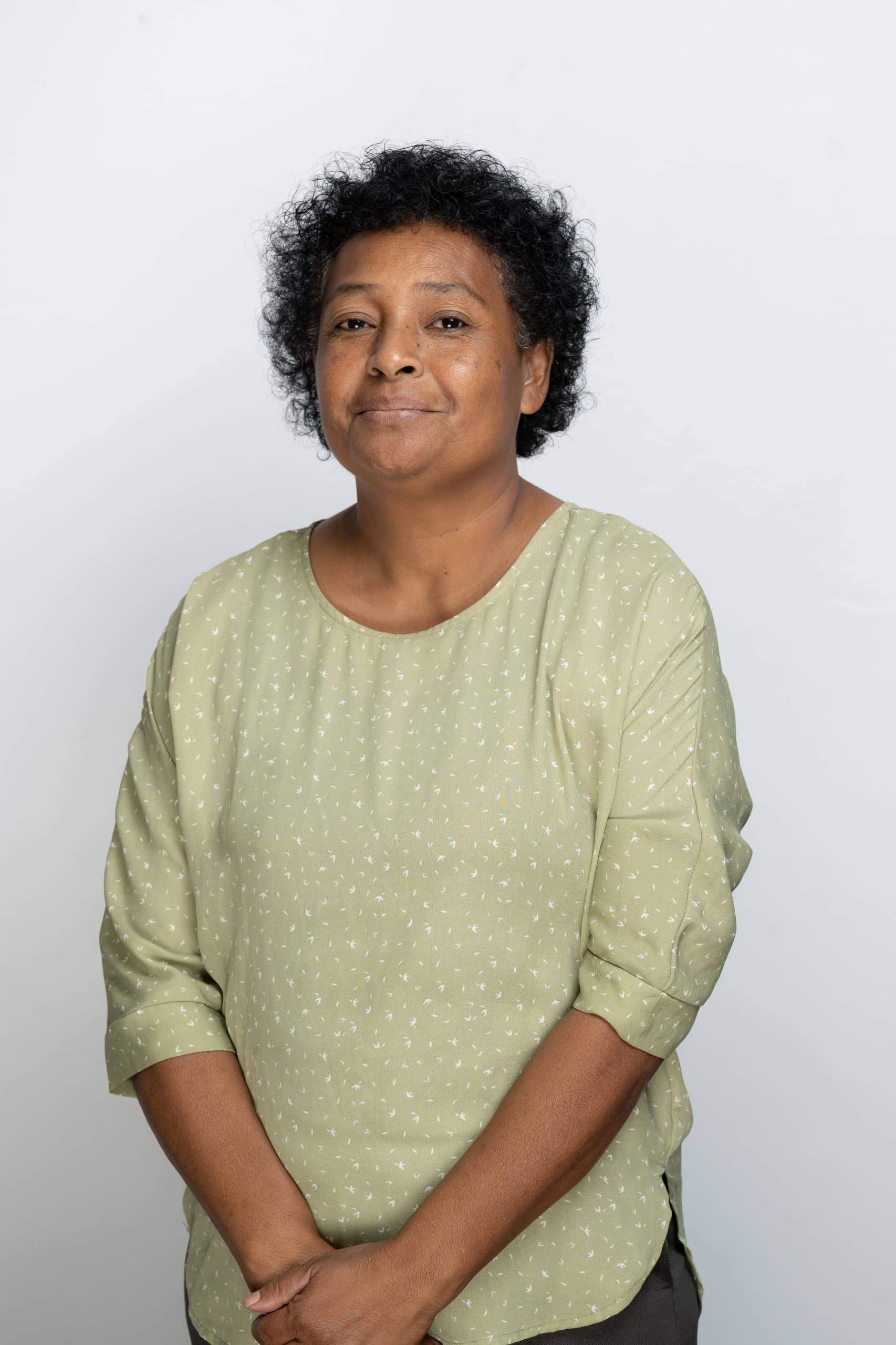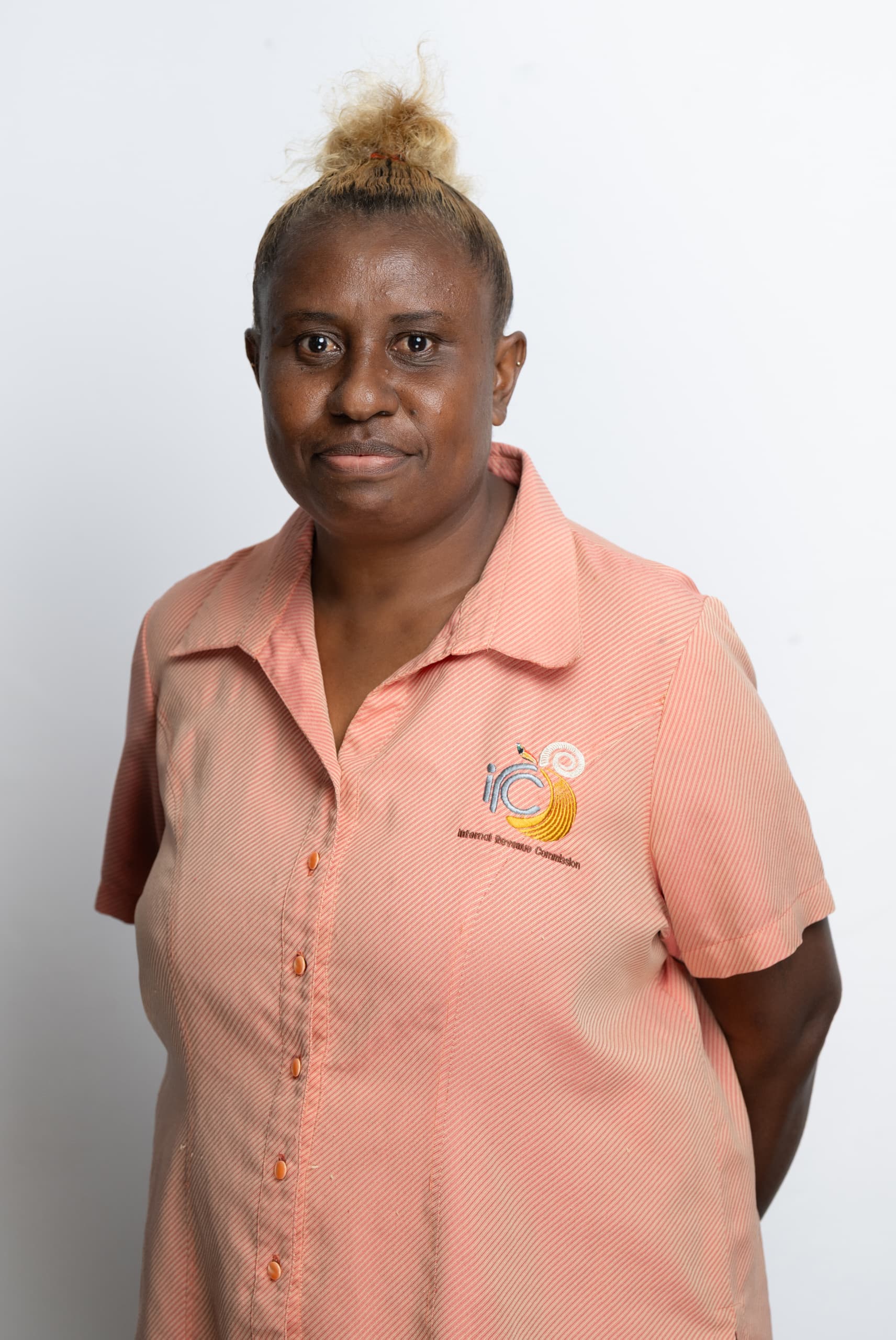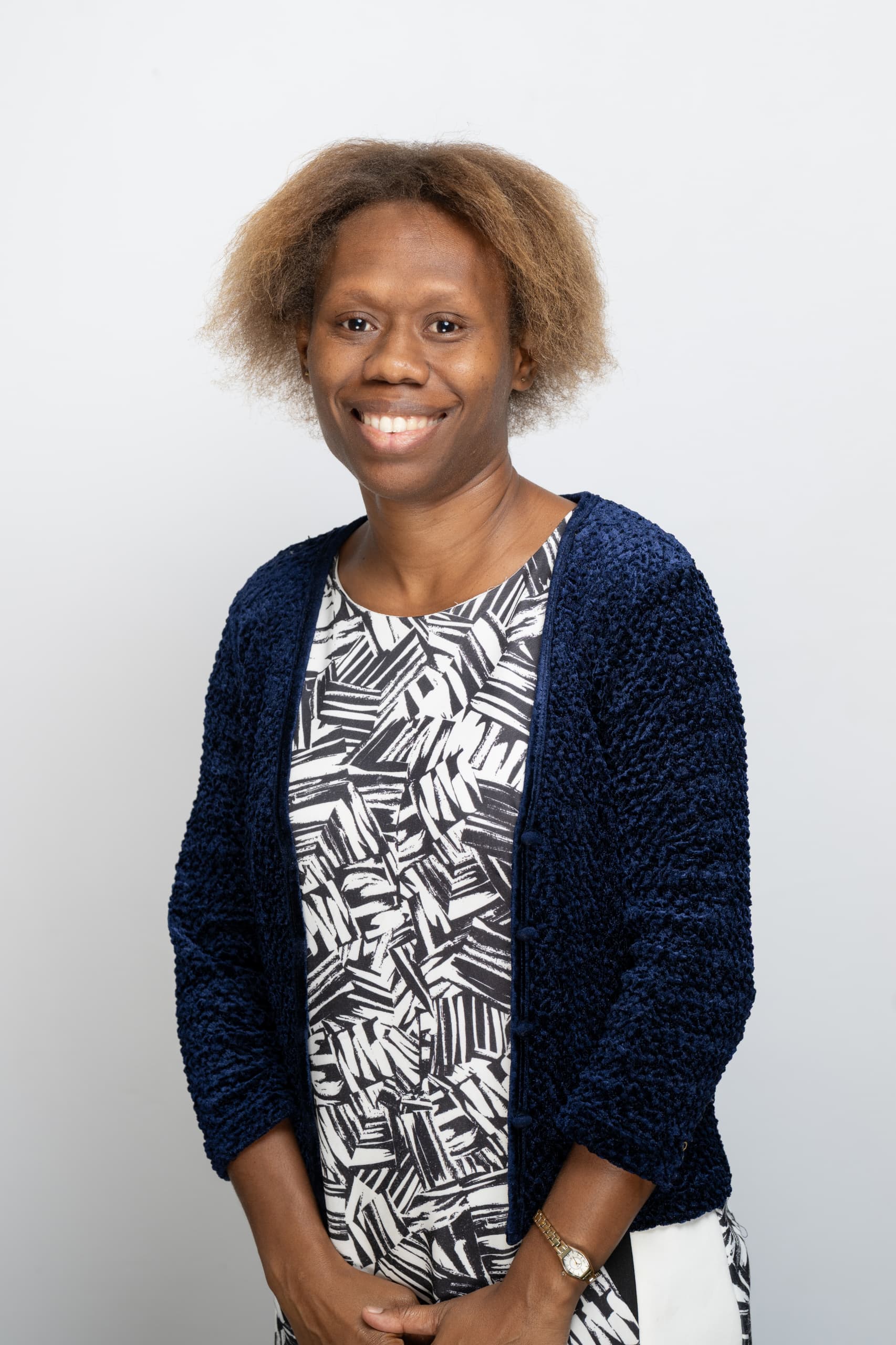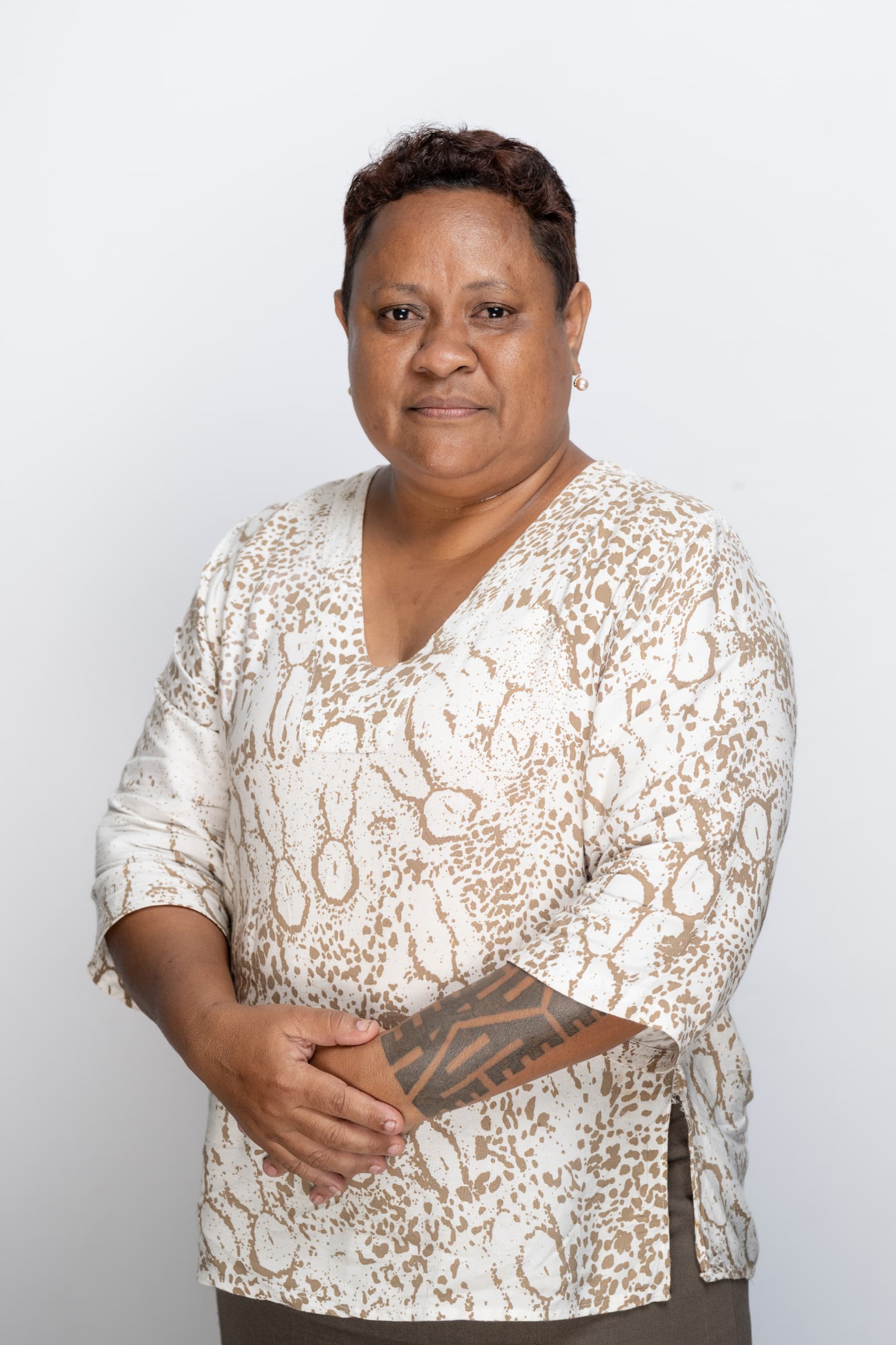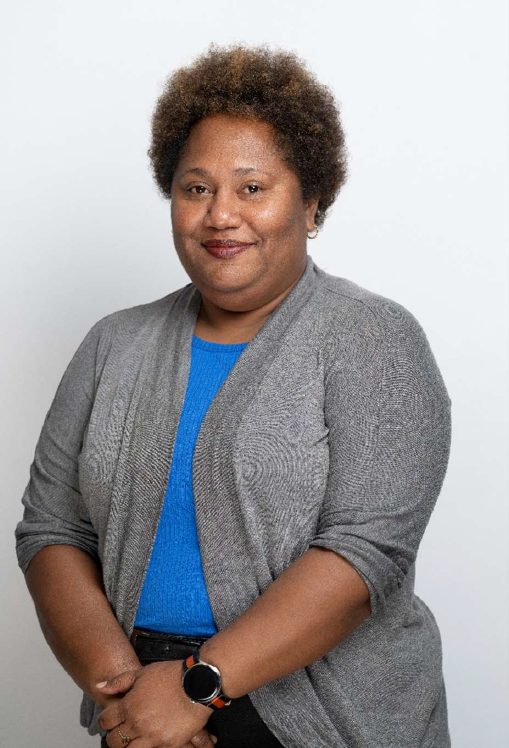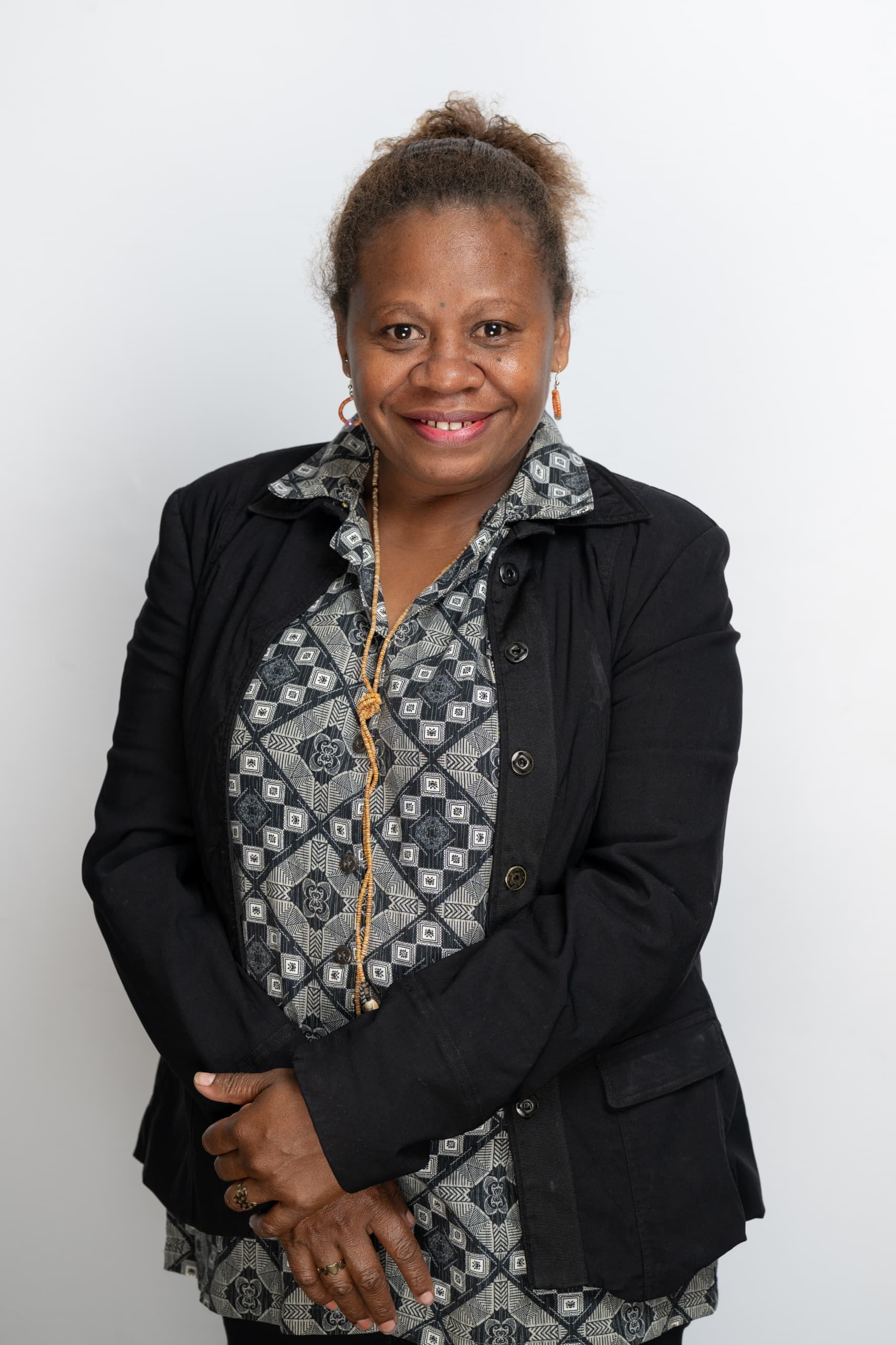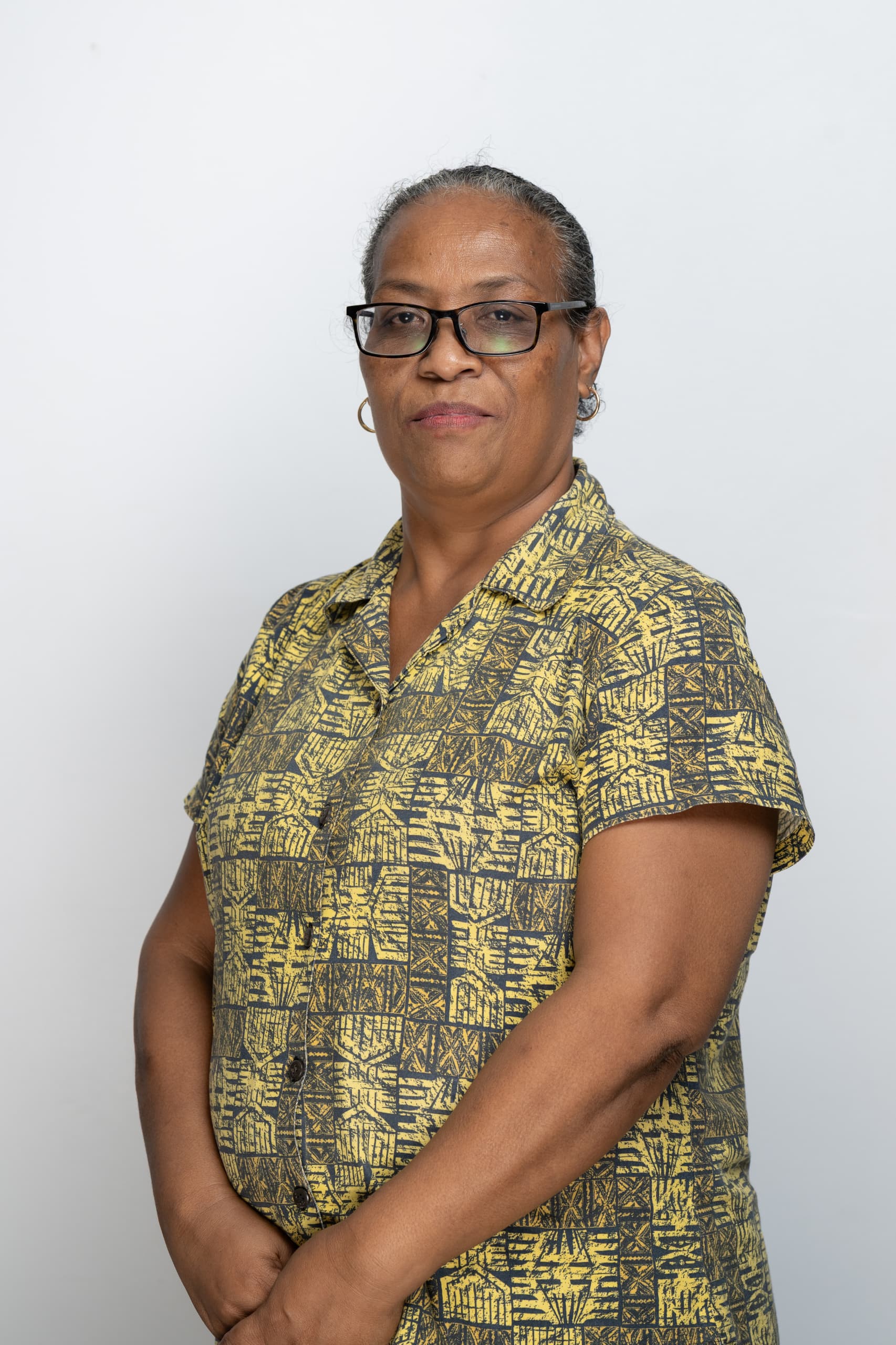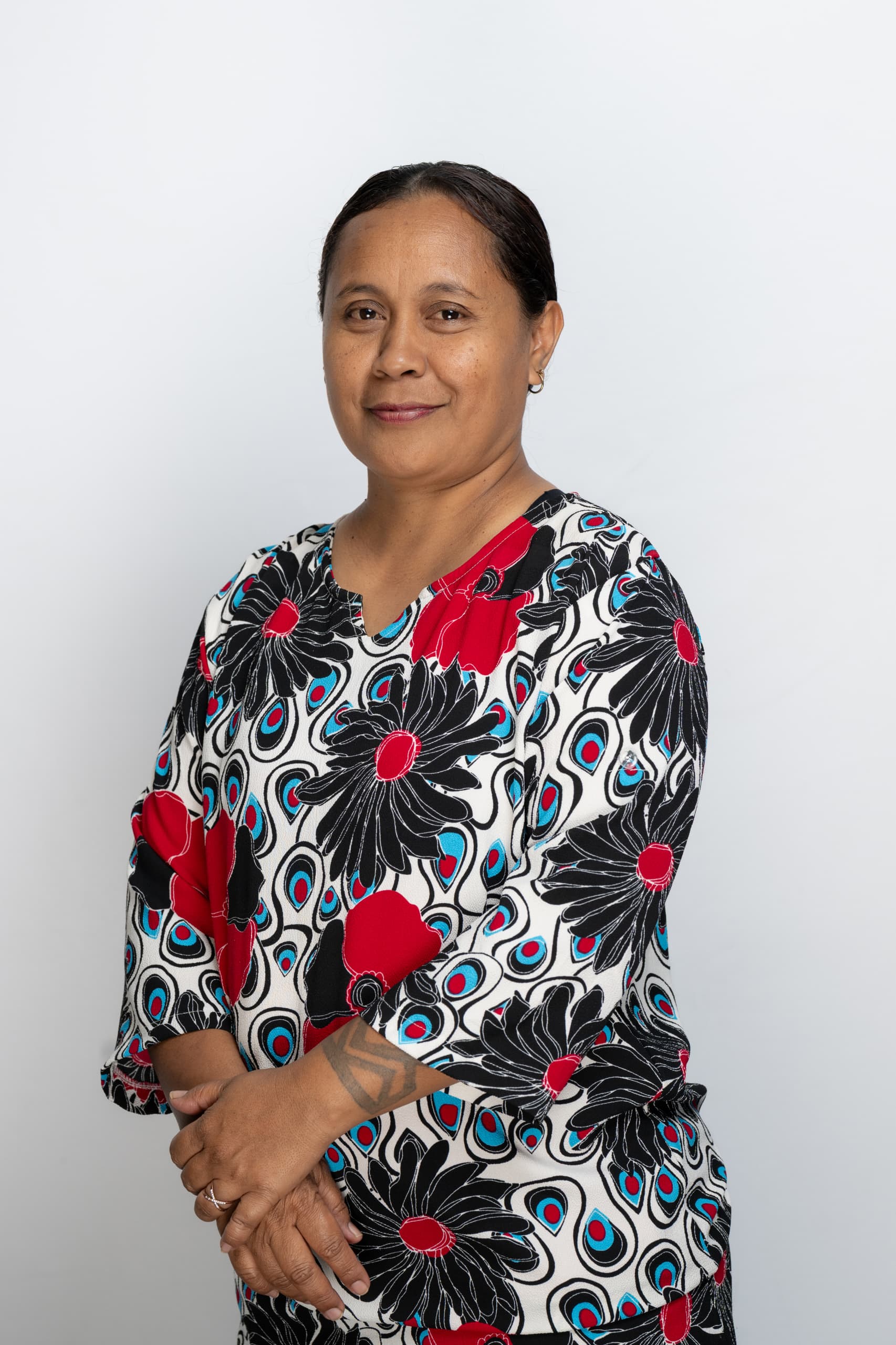Good morning and welcome to Papua New Guinea – the land of the unexpected. Many of you may have heard about PNG and now that you are here, I invite you all to experience it. Some of your expectations will be met, others will not be. But it is all part of experiencing the land of the unexpected.
I trust you all had a restful night, and for those who have travelled far, I hope your body clocks are adjusting to PNG time.
I acknowledge and thank His Excellency, Grand Chief Sir Bob Dadae, Governor-General of Papua New Guinea for accepting our invitation to officiate at the opening of the CATA Conference. It is fitting for the Head of our constitutional monarch (Independent State of Papua New Guinea) and the representative of King Charles III, to officially open the Commonwealth tax meet. I acknowledge and thank President of CATA, Chairman of CATA, Executive Director, Commissioners and Technical Experts of Member tax administrations, representatives of regional and International Organizations, and all others for your attendance.
Let me first thank Mauritius for being such a wonderful host of the 44th CATA last year.
This year's CATA meeting is significant for several reasons. Firstly, it is historic: Papua New Guinea is hosting it for the first time in 34 years. Secondly, it coincides with our nation's 50th Golden Jubilee of Independence. As we celebrate half a century as a sovereign nation and a proud member of the Commonwealth, this gathering is a timely reflection of how far we have come and the aspirations we continue to pursue.
This meeting is also distinguished by the calibre of its attendees. We are privileged to welcome many Commissioners General here for the first time. Notably, our closest neighbour Australia is represented by Second Commissioner Jeremy Hirschhorn and his team from the Australian Taxation Office and I am told Australia is participating for the first time in a long time.
You will also notice the unique structure of this year's program. It is designed not only to address the current and emerging challenges of tax administration in the digital age, but to create space for Commissioners General to share strategic insights, experiences, and reflections. It is in these collective exchanges that we gain the strength to drive reforms at home.
I firmly believe that the success or failure of any tax administration rises and falls on the quality of its leadership. While our technical experts design and build systems, it is the vision, courage, and foresight of Commissioners General that determine the direction and impact of our institutions. We must continue to be leaders of insight so that we have the foresight to steer our tax administrations towards greater relevance, efficiency, and fairness.
In this ever-advancing digital landscape, tax administrations must prioritize continuous investment in learning, development, and technological adaptation. The world is rapidly moving towards digitalization, automation, and data-driven decision-making, and tax administrations are no exception.
History teaches us hard lessons. Kodak, despite inventing the first digital camera, failed to adapt its business model to the digital era. Nokia, once holding almost half of the global mobile phone market, failed to transition effectively to smartphones. Blackberry underestimated the power of user-centric innovation and app ecosystems, losing its market dominance to Apple and Samsung.
These companies did not fall because technology failed them, but because they failed to invest in re-skilling, reimagining, and adapting swiftly to disruption. For tax administrations, similar risks exist if we remain rooted in legacy systems while taxpayers, businesses, and the global economy evolve digitally.
Technology is transforming tax administration for the better – enabling real-time data capture, advanced analytics, improved compliance, and seamless taxpayer services. To harness these benefits, we must foster a culture of continuous learning, encourage innovation, equip our staff with emerging digital competencies, and invest in modern infrastructure and systems. Only then can we remain effective, efficient, and trusted in this dynamic era.
CATA provides an excellent platform for this purpose. It enables both our technical teams and Commissioners General to engage strategically and chart a collective way forward. Each of our tax administrations is at different stages of development in areas like digital transformation, amongst others. Some are ahead, some on par, and some behind. But this forum allows us to compare notes, share experiences, and lift each other.
With cross-border trade becoming easier and base erosion and profit shifting facilitated by complex digital financial systems, collaboration is now more important than ever. CATA offers this environment for learning and collective problem-solving.
Ladies and gentlemen, as we gather this week, let us embrace this opportunity to learn from each other, to inspire and be inspired, and to leave here re-energized to make a difference in our countries and in the lives of our people.
At the Internal Revenue Commission of Papua New Guinea, we have been on an ambitious transformation journey. Since taking office, I have set the tone for reform, challenging my team to embrace change and innovation. Together, we have doubled our revenues and achieved significant improvements in compliance, systems, and taxpayer services. We are making intentional investments for disruptive changes. But we have not arrived at our destination yet. Transformation is a continuous journey, and like technology itself, we must keep evolving to stay ahead. We are here to not only share our experiences but most importantly to learn from each of you.
Welcome again to Papua New Guinea. May your time here be enriching, your deliberations fruitful, and your experience truly unforgettable.
Thank you and God Bless.
